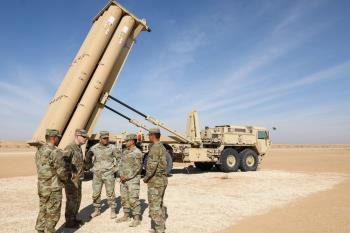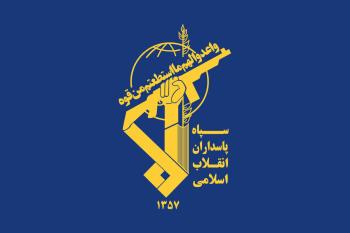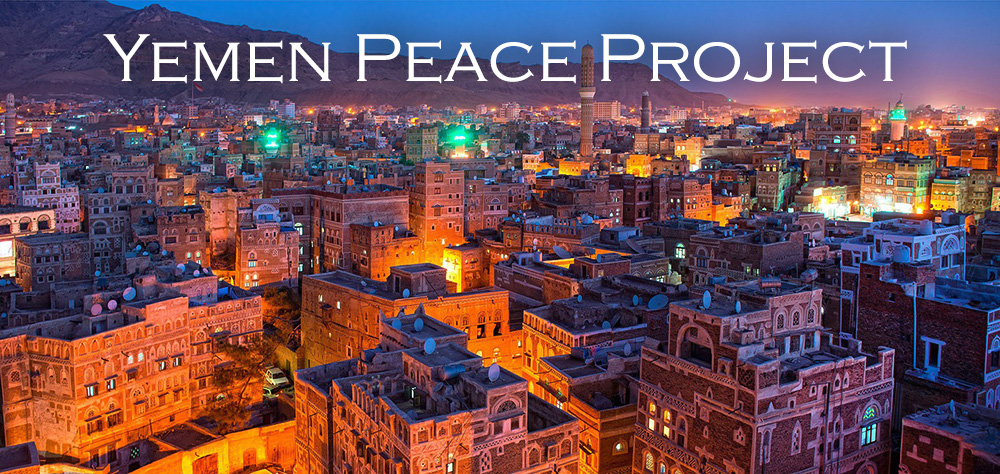Alwaght- After the Saudi military operations in Yemen failed, Saudi Arabia was forced to negotiate with the Ansarullah movement. These talks began in Kuwait. But due to the excessive demands of the Saudis, there were not any significant results, and after some time the talks stopped.
However, Riyadh has leaned towards negotiation and diplomacy, which means the Saudis are not considering the military option for solving the Yemeni crisis anymore. Also, it should be noted that West has played a role in this situation, which can be seen in various peace initiatives by Western governments, especially by US. John Kerry’s recent proposal in Jeddah is one of such initiatives. But regardless of continuous military defeats of the Arab coalition in Yemen, what other reasons are there for the West and the Arab coalition to take part in negotiations? Can these talks advance Saudi and Western goals as much as military wars? According to these questions it seems that the 5 main reasons of Saudi Arabia and its Western backers for starting negotiations are as follows:
- With the defeat of Saudi military attacks, US State Department officials have understood that they cannot be victorious in the field of political-military developments of Yemen with militarism. This is why these officials have encouraged Saudi authorities to take part in peace talks. In fact, peace and ending the war, could result in the prevention of further failures for Saudi Arabia and its allies in the Yemeni crisis.
- In the 2216 resolution there was no mention of Saudi Arabia and its military operations regarding the Yemeni crisis. In fact this resolution was arranged in a way to be in favor of Abd Rabbuh Mansur Hadi, the fleeing president of Yemen. However, after about 17 months of this resolution’s issuance by the Security Council, the Western countries came to the conclusion that such resolution is not executable in any way shape or form. The West also understood that there is no hope for Saudi’s victory in the Yemeni crisis, because it is not possible to defeat the Ansarullah movement and the Shiite houthis. On this basis, the recent plans and positions of US can be explained as being a form of healing for the governments on their side, after the 2216 resolution’s failure.
- The most important aspect of all proposals from the Western and Arab front is the demand for the withdrawal of Ansarullah from Sanaa. This withdrawal could greatly reduce the strategic depth of Shiites in Yemen. As always, laying down the arms and heavy weaponry and giving them to a third party is also being pursued. This is an indicator of the existence of plans for weakening the Shiites in Yemen. In general, weakening the military power of Ansarullah in the form of disarmament and participation in the national unity government can be considered one of the most important goals of Saudi Arabia.
- In all of the negotiations, forming a government of national unity with the participation of all factions including Shiites, has been emphasized. However, the coalition government that Washington and Riyadh are after, is a government without military power. One of the main goals of the negotiations has also been disarming the popular forces of Yemen. In the current situation that military issues are the main concern of the Yemeni society, the abovementioned goal can be considered a predetermined conspiracy.
- Ending the crisis in Yemen through peace talks with the Saudis, will affect the revolutionary nature of developments to a large extent. Making a deal with an aggressor country and return of Mansur Hadi who opposed the revolution, would be a disaster for democratic and revolutionary changes in Yemen and in the region. This is exactly what Saudi Arabia and its Western allies seek. Because Yemenis decisive victory over foreign enemy forces along the country's popular revolution, could turn into and example for other communities that are being ruled by dictators in the region.



























